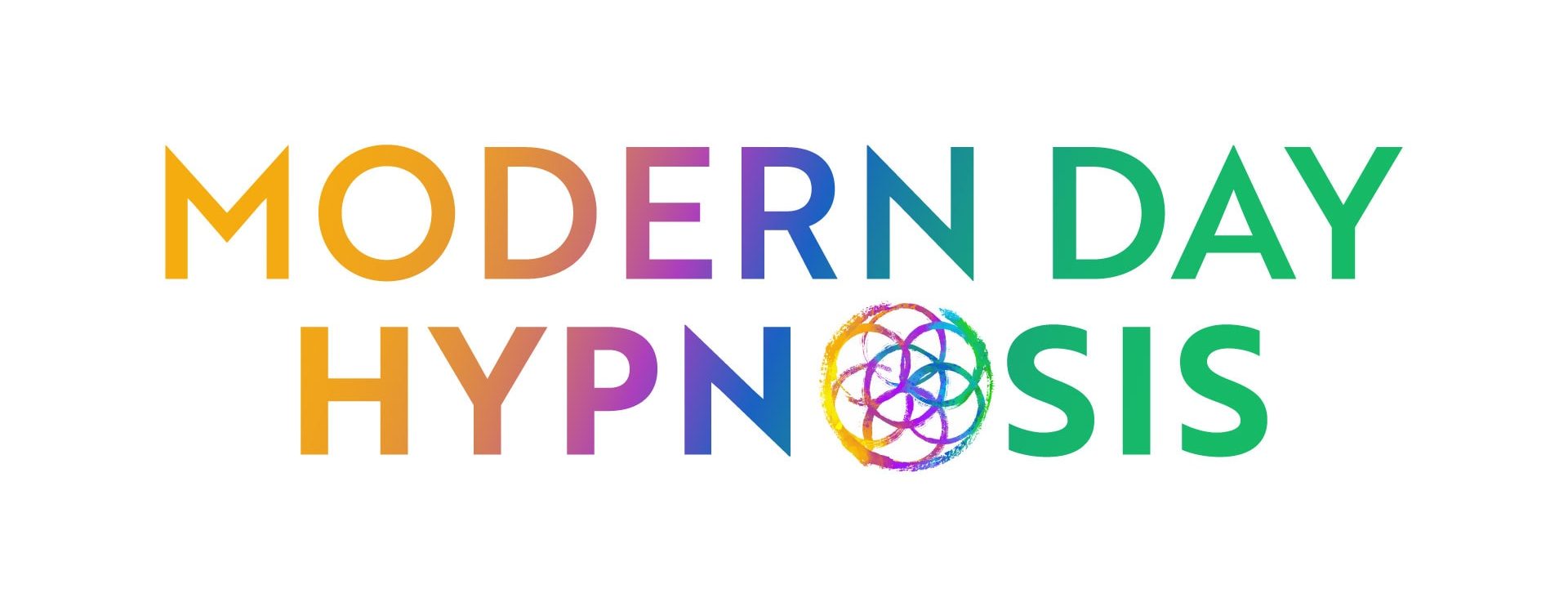Self-Hypnosis as a Natural, Effective Approach to Stress-Relief

The application of hypnosis goes back many centuries and millennia. People have been using this natural technique to achieve a variety of goals, including positive changes in emotion, thought, and behavior. One of the key benefits of implementing correct hypnosis methods is stress relief.
Self-hypnosis is a self-induced hypnosis method that helps you reach goals, deal with stress, and ease the feeling of anxiety. With the right approach, it’s possible to enter a suggestible state and implement tried-and-tested techniques that improve your physical and mental health.
Let’s take a closer look at self-hypnosis and its multiple benefits.
What Is Self-Hypnosis?
Self-hypnosis (also called autohypnosis) is a self-induced form of hypnotherapy. It’s an effective way to reach goals, reduce stress, and rewire your mind to adapt to new ideas, emotions, and thought patterns. In short, since you are the only one who is you, it is the single most effective way of making yourself more available for what you want more of or less available for what you want less of. After receiving instructions from an experienced hypnotist, you can practice self-hypnosis at home or anywhere else you feel comfortable.
When you enter this relaxed state, you remain aware and in control. However, your mind becomes highly suggestible and susceptible to the ideas and goals you want to achieve.
In short, self-hypnosis is the process of putting yourself in a suggestible state that allows you to accept and implement ideas and objectives you may not be susceptible to when your conscious mind is in charge. A well-informed self-hypnosis practice will provide a variety of benefits improving quality of life in the immediate and continuing across a lifetime.
Self-Hypnosis for General Stress Relief
Stress is one of the major reasons for various mental, emotional, and physical health problems. It interferes with your everyday life, causes burnout, leads to anxiety, worsens insomnia, and much more.
Self-hypnosis aims to break the unhealthy stress pattern that makes your quality of life worse. It can help you develop healthy responses to stressful situations, which in turn reduces stress levels and helps you to feel relaxed.
When you begin to self-apply hypnosis, your mind becomes open to suggestions. If you set the right stress-relief goals in advance, self-hypnosis can help you reframe obstacles and implement effective stress-management techniques into your lifestyle.
Some people may see results after just one self-hypnosis session. Others may need several. If self-hypnosis works for you, it’s relatively easy to make it a regular part of your life and use the approach to achieve a number of goals.
Self-hypnosis can be highly effective for both short and long-term stress. The best part about this technique is that you can apply it anytime and anywhere. So, if you know you are going to be in a stressful situation (e.g. job interview, exam, surgery), you can prepare yourself for it effectively.
When you learn how to leverage self-hypnosis regularly, it can help you deal with long-term stress. The relaxation you feel during the procedure allows you to regain your strength and refill your inner resources.
Self Hypnosis for Stress Caused by Pain
According to the CDC (2), more than 50 million Americans experience chronic stress, which can be a major cause of physical and emotional pain. While there are many effective medications, not all of them work as expected. By taking advantage of self-hypnosis, you may be able to further alleviate pain and improve your quality of life.
Several studies demonstrate the positive effect of hypnosis on pain management. For example, a 2016 study that looked at older patients with chronic pain showed that, compared to massage, self-hypnosis decreased pain significantly. Meanwhile, patients who implemented self-hypnosis experienced an improvement in their depression scores.
Another study showed that self-hypnosis can alleviate pain related to cancer, lower back issues, muscle and joint conditions, and sickle cell anemia.
Stress Relief Byproduct: Improved Confidence
As a byproduct of lowered stress, self-hypnosis will also increase confidence. One of the main reasons why people suffer from low self-confidence is a set of beliefs etched deeply into their subconscious. Even if you constantly receive reassurance and achieve excellent results at work or school, these beliefs remain the same and prevent you from going forward. Talk about a stressful belief pattern!
Self-hypnosis has the potential to help you change these ingrained belief systems. While your mind is open to suggestions, you can offer it an alternative, positive perspective to spark change in your beliefs and behaviors. Over time, you’ll learn how to more fully believe in yourself and embrace new achievements.
When you improve your self-confidence, you can also learn to set boundaries and avoid conflicts. This can become a major stress-relieving factor.
Stress Relief Byproduct: Improved Sleep
People who suffer from stress and anxiety often have sleep problems. Lack of sleep strengthens the stress symptoms and turns the problem into a vicious cycle. Self-hypnosis can break this cycle by giving you the ability to fall asleep faster and stay asleep longer.
Several studies have been done to confirm the effect of hypnosis on sleep quality. While not all participants practiced self-hypnosis, many of them implemented autohypnosis tactics at home.
A review published in the Journal of Clinical Sleep Medicine demonstrated that almost 60% of studies reported a positive impact of hypnosis on sleep outcomes.
Taking Advantage of Self-Hypnosis for Stress
Self-hypnosis can be a highly effective method to battle stress, reach goals, and improve your physical and mental health. Compared to regular hypnosis, it costs less, doesn’t require regular appointments with a hypnotist, and provides greater flexibility in exploring the possibilities of working with your subconscious.
By taking full advantage of self-hypnosis, you can enhance your quality of life and gain a powerful stress-relief instrument. Before getting started, it’s best to invest in mastering the correct self-hypnosis techniques. Using Self-Applied Hypnosis Techniques, you’ll receive all of the information needed to create an empowered, methodological self-hypnosis practice. We’ve broken down each step of the process, with materials provided along the way to make sure you become your best hypnotist! Learn more on our website.
- About the Author
IACT Trainer:
The International Association of Counselors and TherapistsDEHI Trainer:
The Dave Elman Hypnosis InstituteNGH Hypnotist:
The National Guild of HypnotistsIACT Hypnotist:
The International Association of Counselors and TherapistsIMDHA Hypnotist:
The International Medical and Dental Hypnotherapy Association
Hypnosis
Have You Tried It Yet? It Really Works!
